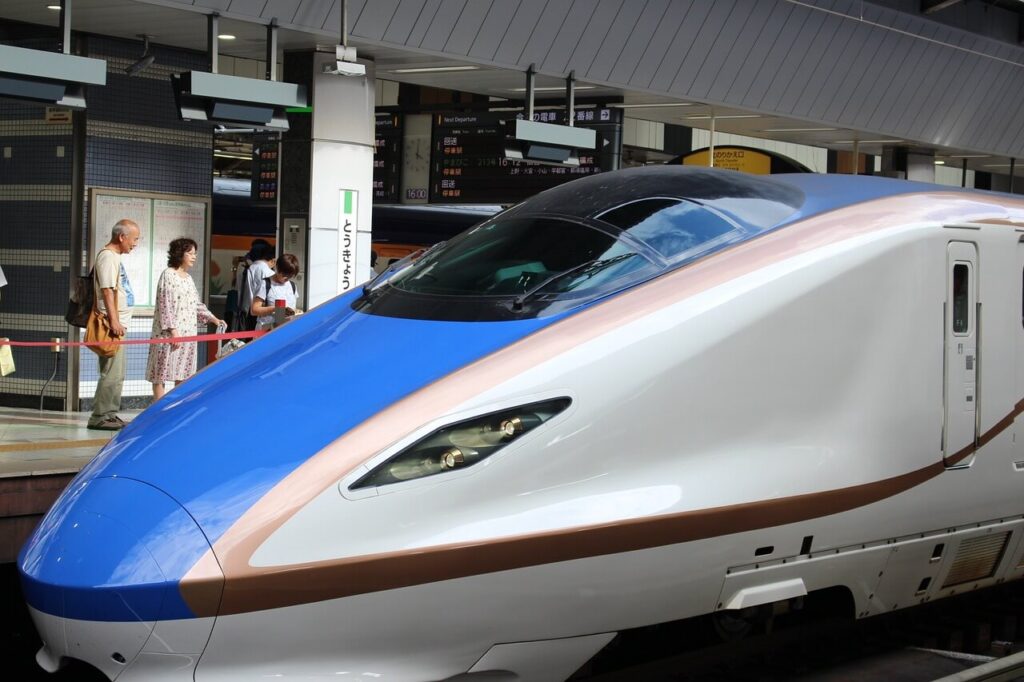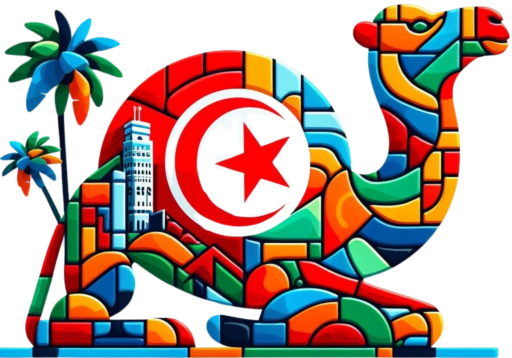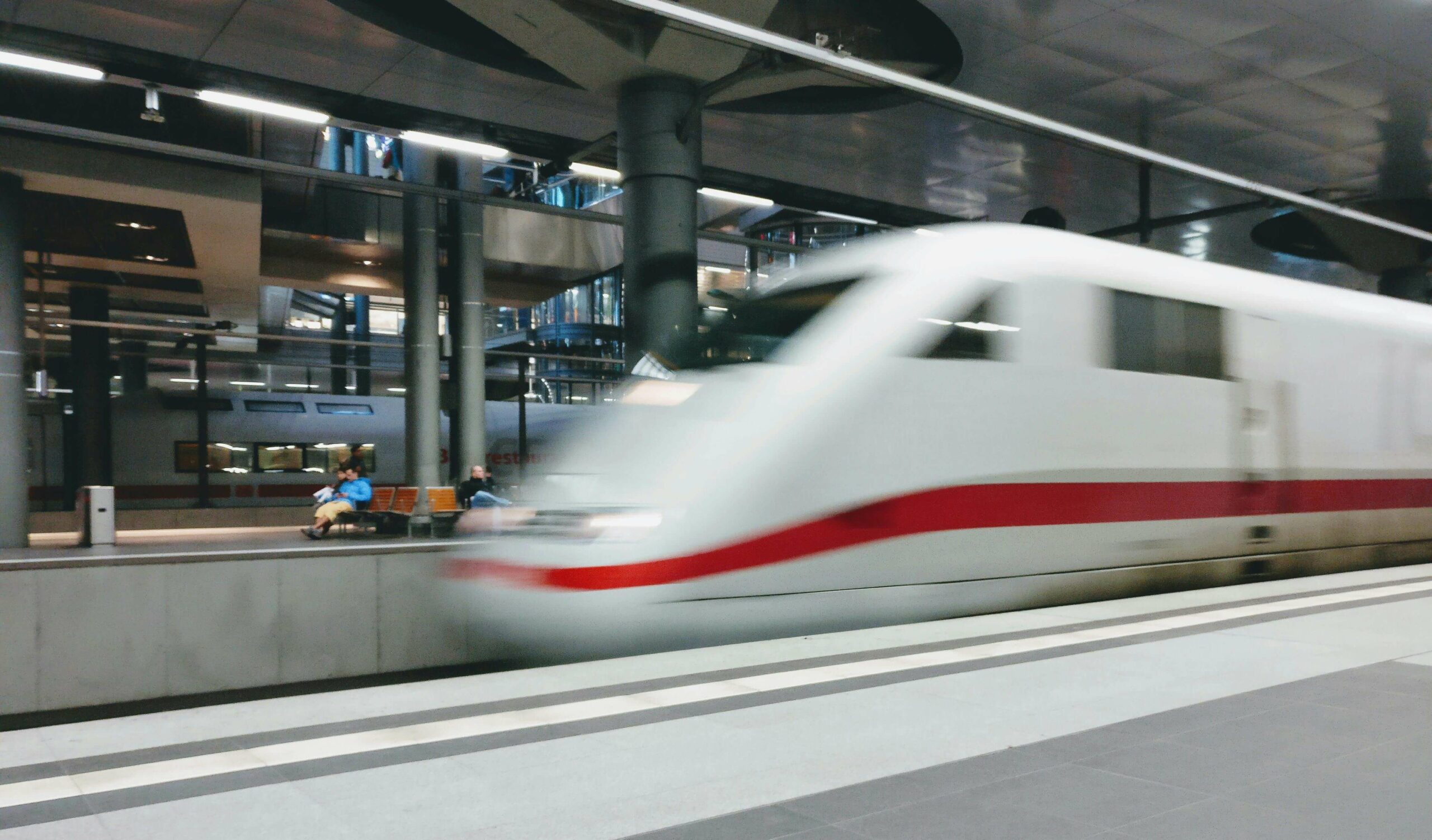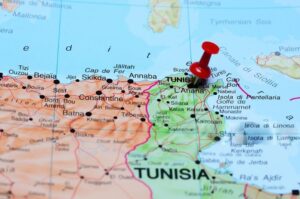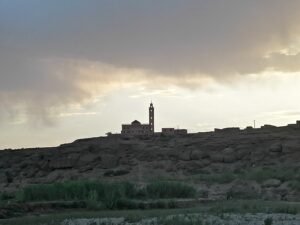Tunisia High-Speed Rail Network: Progress and Sustainable Mobility
Tunisia marks a significant step forward in the public transport sector with the inauguration of the first section of the Tunisia High-Speed Rail Network (RFR). This project is not only an improvement in the urban transport system but also a concrete commitment to sustainable urban mobility. Designed with advanced technologies, the service aims to offer faster, safer, and environmentally friendly travel. It will significantly help reduce traffic, pollution, and travel times, overall improving the quality of life in urban areas. Discover all the details of this innovative infrastructure and its impact on Tunisia’s future.
Project Details
Technical Features
The Tunisia High-Speed Rail Network has been designed to provide high-quality service, with trains equipped with cutting-edge technologies. Each train is fitted with advanced control systems, ensuring safety and efficiency. Additionally, the trains reach high speeds, cutting travel times in half compared to traditional transportation.
Main features of the project:
- Maximum train speed of up to 120 km/h.
- Stations equipped with modern and accessible infrastructures.
- Optimized punctuality and safety thanks to advanced railway technology.
Connecting the Center and Suburbs
The network has been designed to improve the connection between downtown Tunis and suburban areas. This not only enhances commuter mobility but also fosters more inclusive economic and social development in areas farther from the capital.
Impact on Urban Mobility
Reduced Travel Time
Thanks to the RFR, commuting times have been significantly reduced, making the public transportation system more competitive compared to private vehicles. For example, the journey between downtown Tunis and major suburbs has been cut in half.
Reduced Traffic and Pollution
The introduction of the high-speed rail network helps decrease the number of private vehicles on the road, thus reducing traffic congestion. This leads to a significant drop in CO2 emissions, promoting sustainable urban mobility.
- Environmental benefits: significant reduction in air pollution.
- Social effects: improved urban quality of life.
- Convenience: more affordable and efficient public transport.
Strategic Importance of RFR
Sustainability and Innovation
The RFR represents a pillar of Tunisia’s sustainable development plan. By investing in innovative public transport, the country positions itself as a regional leader in modern urban mobility projects.
The goal is to encourage the use of public transportation through a safe, comfortable, and green system. This approach supports a transition towards a development model less dependent on automobiles.
Economic Impact
The project also has a positive impact on the Tunisian economy by creating jobs related to the construction and maintenance of the network. Additionally, an efficient public transport system can attract new investments in the region, also benefiting tourism.
Reactions and Future Perspectives
Feedback from Authorities and Citizens
The reaction to the project has been overwhelmingly positive. National authorities have described it as a key element for the country’s modernization, while citizens have appreciated the increased speed and quality of the service provided.
Network Expansion
The first completed section is just the beginning. In the coming years, the Tunisian government plans further investments to extend the network, aiming to serve a larger number of urban and rural areas.
Challenges and Opportunities
Technical Challenges
Building a modern railway network is complex and requires careful planning and cost management. However, Tunisia has shown resilience in overcoming these initial challenges.
Technological Opportunities
The RFR project has stimulated technological innovations in the transport sector, providing a foundation for developing further integrated mobility solutions across the North African region.
In conclusion, the Tunisia High-Speed Rail Network is not just an advanced transport infrastructure but a symbol of the country’s progress and commitment to a greener, more modern future. With ambitious expansion plans and a positive impact on the economy, environment, and society, the RFR is set to become a milestone in Tunisia’s mobility system.
Learn more about the future of rail transport by visiting UITP (Union Internationale des Transports Publics).
Read more of our articles.
Summary: Explore the Tunisia High-Speed Rail Network: sustainable mobility, innovative public transport, and economic progress for the country.
Tags (Italian): rete ferroviaria veloce Tunisia, trasporti pubblici Tunisia, mobilità sostenibile Tunisia, RFR Tunisia, viaggi ferroviari Tunisia
Tags (English): Tunisia high-speed rail network, public transport Tunisia, sustainable mobility Tunisia, Tunis RFR project, Tunisia railway
Tags (French): réseau ferroviaire rapide Tunisie, transports publics Tunisie, mobilité durable Tunisie, projet RFR Tunisie, chemin de fer Tunisie
